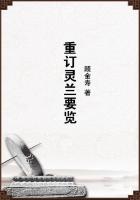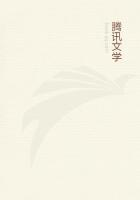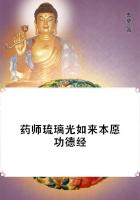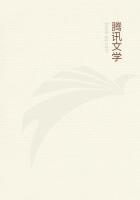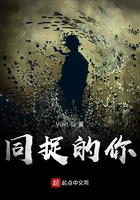Every employment of reason in respect of an object requires pure concepts of the understanding (categories), without which no object can be conceived.These can be applied to the theoretical employment of reason, i.e., to that kind of knowledge, only in case an intuition (which is always sensible) is taken as a basis, and therefore merely in order to conceive by means of- them an object of possible experience.Now here what have to be thought by means of the categories in order to be known are ideas of reason, which cannot be given in any experience.Only we are not here concerned with the theoretical knowledge of the objects of these ideas, but only with this, whether they have objects at all.This reality is supplied by pure practical reason, and theoretical reason has nothing further to do in this but to think those objects by means of categories.This, as we have elsewhere clearly shown, can be done well enough without needing any intuition (either sensible or supersensible) because the categories have their seat and origin in the pure understanding, simply as the faculty of thought, before and independently of any intuition, and they always only signify an object in general, no matter in what way it may be given to us.Now when the categories are to be applied to these ideas, it is not possible to give them any object in intuition; but that such an object actually exists, and consequently that the category as a mere form of thought is here not empty but has significance, this is sufficiently assured them by an object which practical reason presents beyond doubt in the concept of the summum bonum, the reality of the conceptions which are required for the possibility of the summum bonum; without, however, effecting by this accession the least extension of our knowledge on theoretical principles.
When these ideas of God, of an intelligible world (the kingdom of God), and of immortality are further determined by predicates taken from our own nature, we must not regard this determination as a sensualizing of those pure rational ideas (anthropomorphi**), nor as a transcendent knowledge of supersensible objects; for these predicates are no others than understanding and will, considered too in the relation to each other in which they must be conceived in the moral law, and therefore, only so far as a pure practical use is made of them.As to all the rest that belongs to these conceptions psychologically, that is, so far as we observe these faculties of ours empirically in their exercise (e.g., that the understanding of man is discursive, and its notions therefore not intuitions but thoughts, that these follow one another in time, that his will has its satisfaction always dependent on the existence of its object, etc., which cannot be the case in the Supreme Being), from all this we abstract in that case, and then there remains of the notions by which we conceive a pure intelligence nothing more than just what is required for the possibility of conceiving a moral law.There is then a knowledge of God indeed, but only for practical purposes, and, if we attempt to extend it to a theoretical knowledge, we find an understanding that has intuitions, not thoughts, a will that is directed to objects on the existence of which its satisfaction does not in the least depend (not to mention the transcendental predicates, as, for example, a magnitude of existence, that is duration, which, however, is not in time, the only possible means we have of conceiving existence as magnitude).Now these are all attributes of which we can form no conception that would help to the knowledge of the object, and we learn from this that they can never be used for a theory of supersensible beings, so that on this side they are quite incapable of being the foundation of a speculative knowledge, and their use is limited simply to the practice of the moral law.
This last is so obvious, and can be proved so clearly by fact, that we may confidently challenge all pretended natural theologians (a singular name)* to specify (over and above the merely ontological predicates) one single attribute, whether of the understanding or of the will, determining this object of theirs, of which we could not show incontrovertibly that, if we abstract from it everything anthropomorphic, nothing would remain to us but the mere word, without our being able to connect with it the smallest notion by which we could hope for an extension of theoretical knowledge.But as to the practical, there still remains to us of the attributes of understanding and will the conception of a relation to which objective reality is given by the practical law (which determines a priori precisely this relation of the understanding to the will).When once this is done, then reality is given to the conception of the object of a will morally determined (the conception of the summum bonum), and with it to the conditions of its possibility, the ideas of God, *******, and immortality, but always only relatively to the practice of the moral law (and not for any speculative purpose).
*Learning is properly only the whole content of the historical sciences.Consequently it is only the teacher of revealed theology that can be called a learned theologian.If, however, we choose to call a man learned who is in possession of the rational sciences (mathematics and philosophy), although even this would be contrary to the signification of the word (which always counts as learning only that which one must be "learned" and which, therefore, he cannot discover of himself by reason), even in that case the philosopher would make too poor a figure with his knowledge of God as a positive science to let himself be called on that account a learned man.


